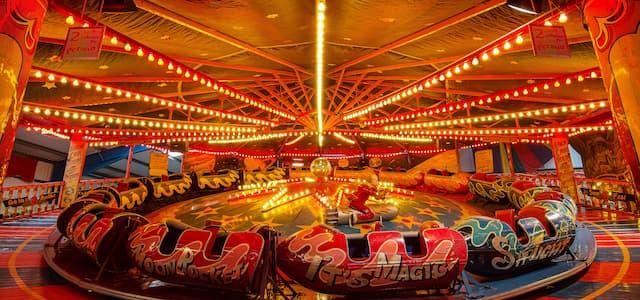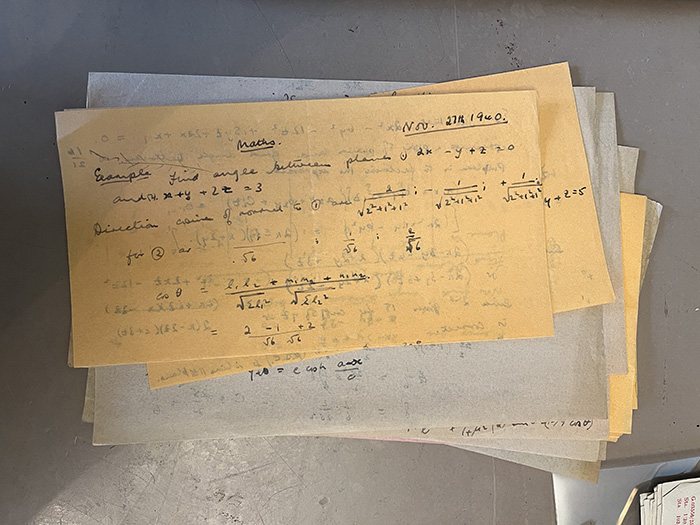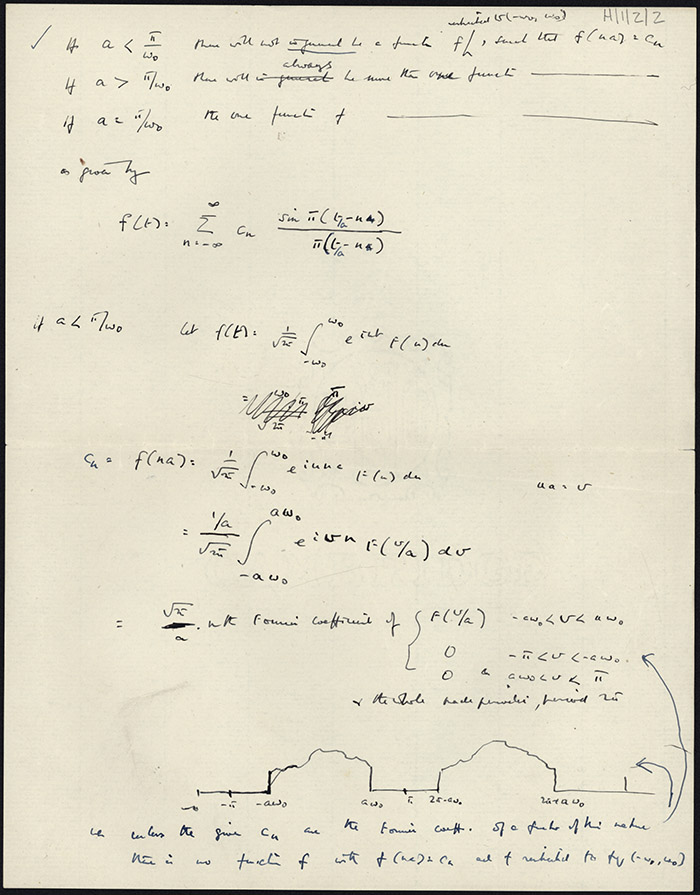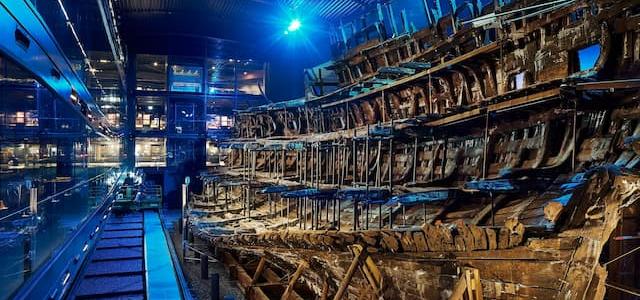
Alan Turing’s ‘Delilah’ papers saved for the UK
A rare archive of Turing’s unpublished Second World War papers has been acquired by King’s College, Cambridge, shedding light on his work after Enigma.
Following his ground-breaking work on the Enigma machines at Bletchley Park, in 1943 Alan Turing turned to building a portable voice encoder for short-distance transmission to be used in military operations.

Insights into Delilah
The project was code-named ‘Delilah'. With the help of electrical engineer Donald Bayley, Turing built a single prototype to digitise and encode speech. Messages could then be sent by telephone line and accurate at the other end.
Unpublished evidence of Alan Turing’s work has rarely survived. He did not usually keep his research notes, working drafts, or correspondence.
But during the development work for Delilah at Hanslope Park, now the home of His Majesty’s Government Communications Centre (HMCCC), Turing and Bayley kept a logbook of their experimental results. Bayley also kept notes of Turing’s lectures, along with diagrams, calculations and explanations.
This rare collection of papers dating from 1943 to 1946 sheds light on some of Turing’s most inventive, secret, and overlooked work.
Campaign to save archive
The ‘Delilah’ papers were at risk of leaving the UK, however a temporary export stop was put in place in August 2024. Friends of the Nations’ Libraries lauched a campaign to save the archive.
More than £397,000 was raised to acquire the papers, including £97,876 from the National Heritage Memorial Fund. Funding also came from XTX Markets, Friends of the Nations' Libraries, private donations, and King’s College.

Simon Thurley, Chair of the National Heritage Memorial Fund, said: “The Turing papers give us a fascinating insight into the development of the ‘Delilah’ machine and into the mind and work of Alan Turing, who played a key role in the foundations of computer science and AI which continue to shape our world.”
The ‘Delilah’ project notes will join the largest collection of Turing-related documents at King’s College, Cambridge. Once digitised they will become part of the Turing Papers online archive, freely available to researchers and students around the world.
Explore more heritage treasures
Find out what else the National Heritage Memorial Fund has helped preserve in our project archive.

